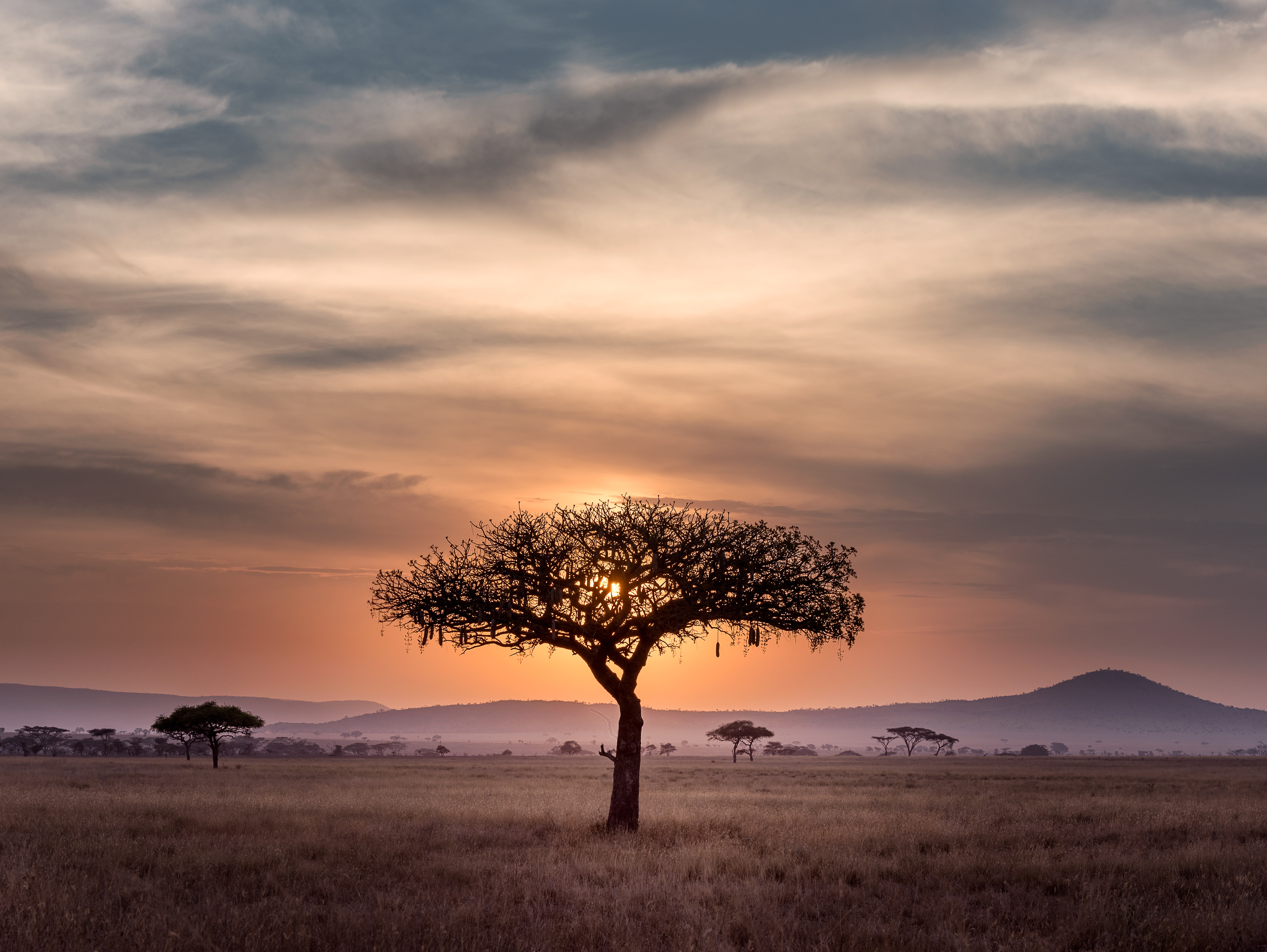
By Kate Whiting, Senior Writer, Formative Content, World Economic Forum (CC BY-ND 4.0).
- Primatologist Jane Goodall has urged the world to work together to solve the greatest threat we’re facing: climate change.
- She was speaking at a session on the World Economic Forum’s digital platform UpLink, which is dedicated to finding solutions to meet the Sustainable Development Goals.
- The work of the Jane Goodall Institute with the people of Gombe National Park shows we can find solutions that protect livelihoods and the planet.
- Before we can tackle climate change, there are three major challenges we have to overcome: poverty, excess and population growth.
In 1990, Jane Goodall flew over Gombe National Park, home to the chimpanzees she had been studying for 30 years.
“The national park, which had been part of the great equatorial forest belt that stretched across Africa, was a tiny island of forest surrounded by completely bare hills – more people living there than the land could support, too poor to buy food from elsewhere, overfarmed land.
“That’s when it hit me: if we don’t help these people find ways of making a living without destroying the environment, we can’t save the chimps or anything else.”
Goodall was speaking at a session of the World Economic Forum’s Sustainable Development Impact Summit dedicated to the digital platform UpLink, which is bringing together young people, entrepreneurs and investors to help achieve the UN’s Sustainable Development Goals.
‘We can’t do it alone’
She said UpLink shows we can start to solve the world’s problems together.
“We face unprecedented crises in the world today. We can’t do it alone. We need everybody who cares about future generations to link up and try and work out a new green economy that is less destructive of the environment upon which we depend.”
The Jane Goodall Institute began a programme that now involves 104 villages around Gombe, to teach locals about agroforestry, permaculture, tree nurseries.
“They’ve understood that protecting the forest is protecting their own future, not just the wildlife,” Goodall explains.
And technology is playing a key role, as volunteers from the villages have learned to use smartphones to monitor the health of the forest.
“It’s worked. If you fly over Gombe today, you don’t see those bare hills, the forest has come back,” she says.
The programme has been rolled out to six other countries. One of the most important parts has been scholarships to keep girls in schools during and after puberty, as well as empowering women through education and microcredit programmes.
‘3 major challenges’
The climate crisis threatens the existence of everything on the planet, including human existence, Goodall believes. And before we can begin to tackle it, there are three major challenges we have to overcome:
- “While people are living in abject poverty, they’re going to destroy the environment to grow food to feed their family, fish the last fish, buy the cheapest junk food. They can’t afford to say, ‘Did this harm the environment?’
- “We have to solve the problem of the unsustainable lifestyles of the rest of us.”
- “We have to recognize there are 7.2 billion people on the planet and already we’re using up natural resources in some places faster than nature can restore them. In 2050, it’s estimated there will be nearly 10 billion of us. So what’s going to happen? We cannot afford to put that aside because it’s politically incorrect. We’ve got to think about it.”
‘We have disrespected the natural world’
The way we have treated the natural environment has also played a large part in the creation of the current pandemic, Goodall believes. “The tragedy is this pandemic has been predicted and to some extent caused by us because we have disrespected the natural world and animals. We have created environments that make it much easier for a pathogen to jump from an animal to us, where it may cause a new zoonotic disease such as COVID-19.
“Unfortunately, COVID-19 was incredibly contagious and has raced around the world, causing so much suffering, so much economic chaos.”
But, to her, climate change represents an even greater challenge.
“To a great extent, it’s the same disrespect of the natural world that has led to the climate crisis. This planet has finite natural resources and we have been plundering them faster than Mother Nature can restore them.”
‘The window is closing’
“We have to realise we are part of the natural world and we depend upon it. We have been destroying the natural world, destroying forests and trees that can absorb carbon dioxide and polluting the ocean that can also absorb carbon dioxide. And both forests and oceans give us the oxygen we need to breathe.
“We are in the midst of the sixth great extinction, we depend on healthy ecosystems and the healthy ecosystem depends on biodiversity. Gradually we are poisoning the land with chemicals and we’re destroying so many environments.
“We need to somehow move into some of these innovations of science, like solar and wind energy. Otherwise, for my grandchildren and theirs, the future is more than grim, it’s very dark. We mustn’t let that happen. We have a window of time that’s closing and we need everyone who cares to get together and find solutions – now.”
